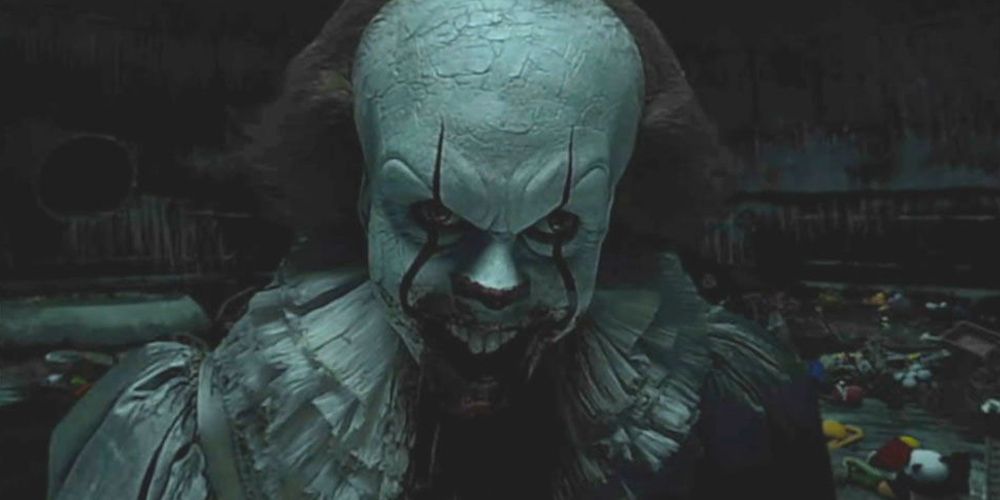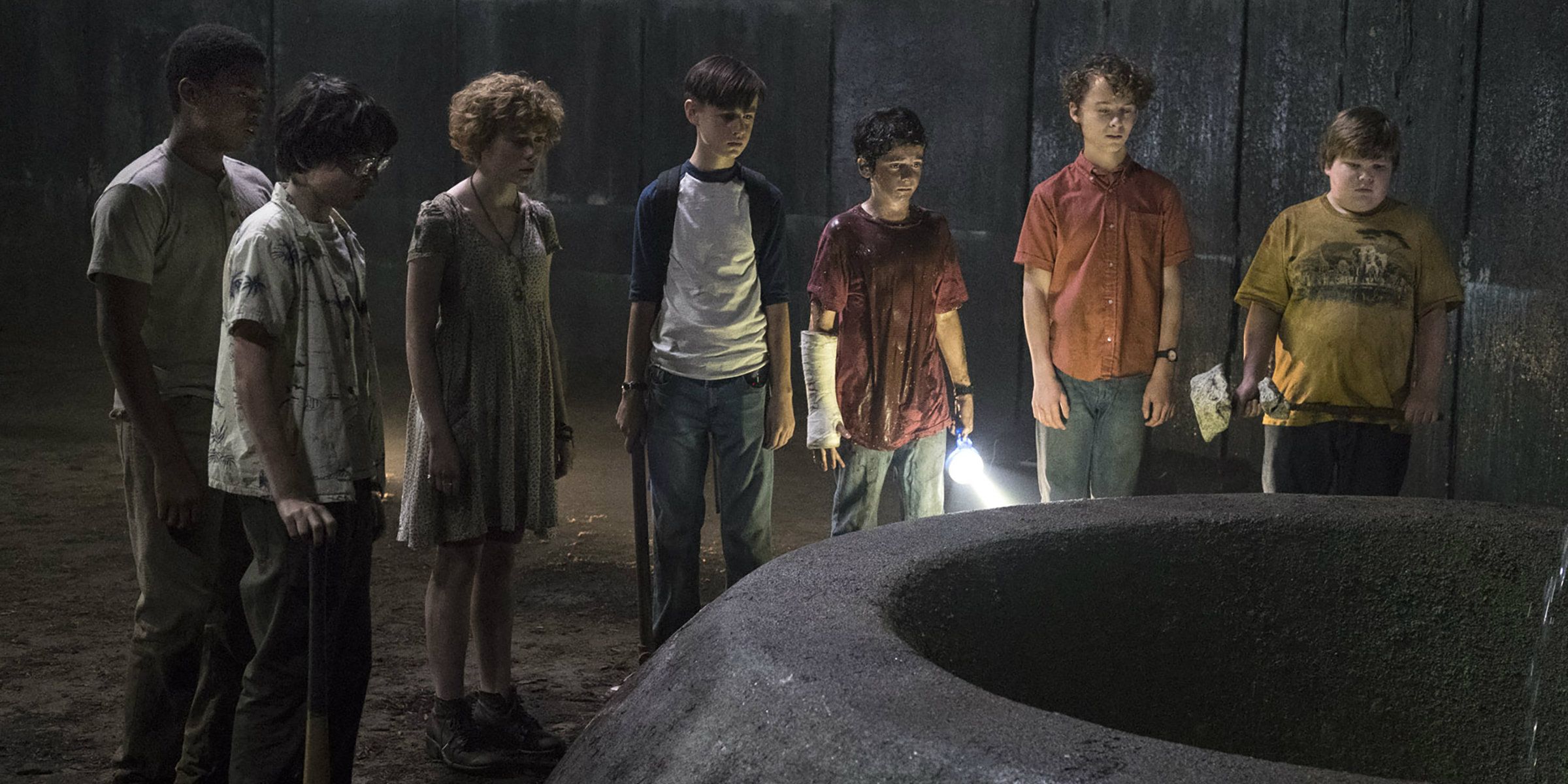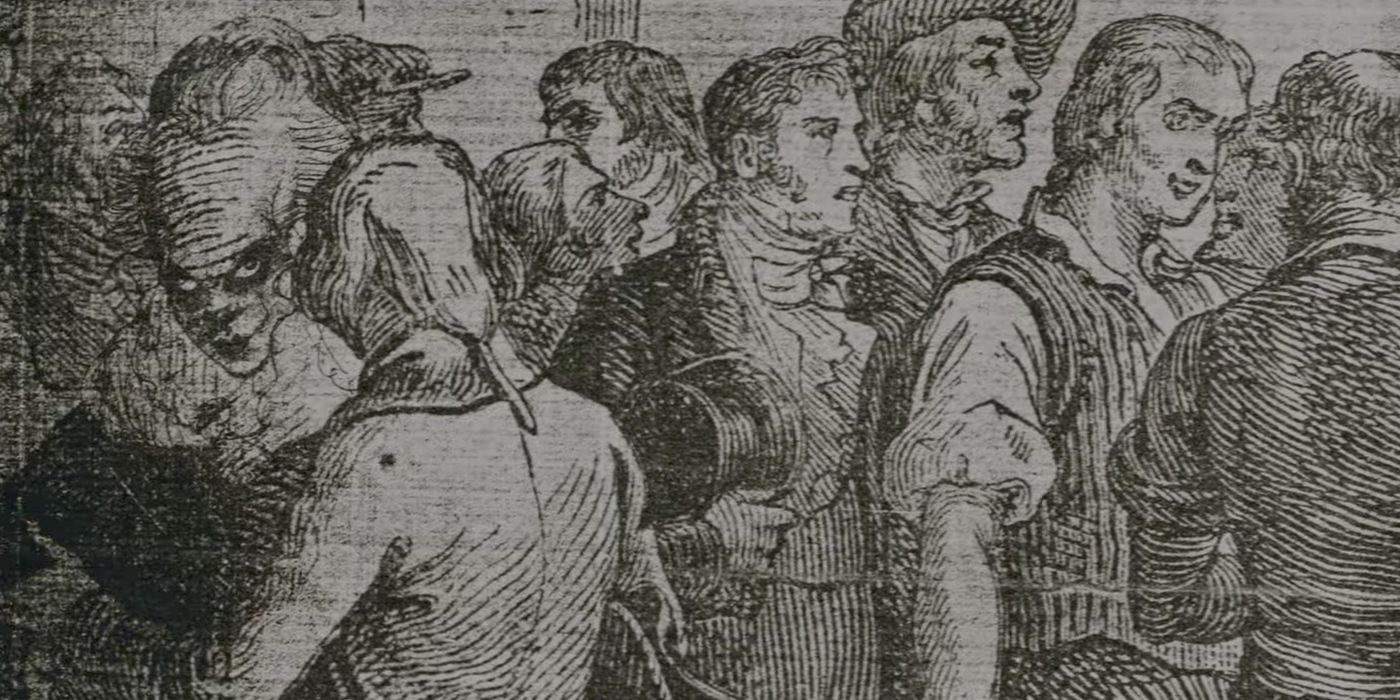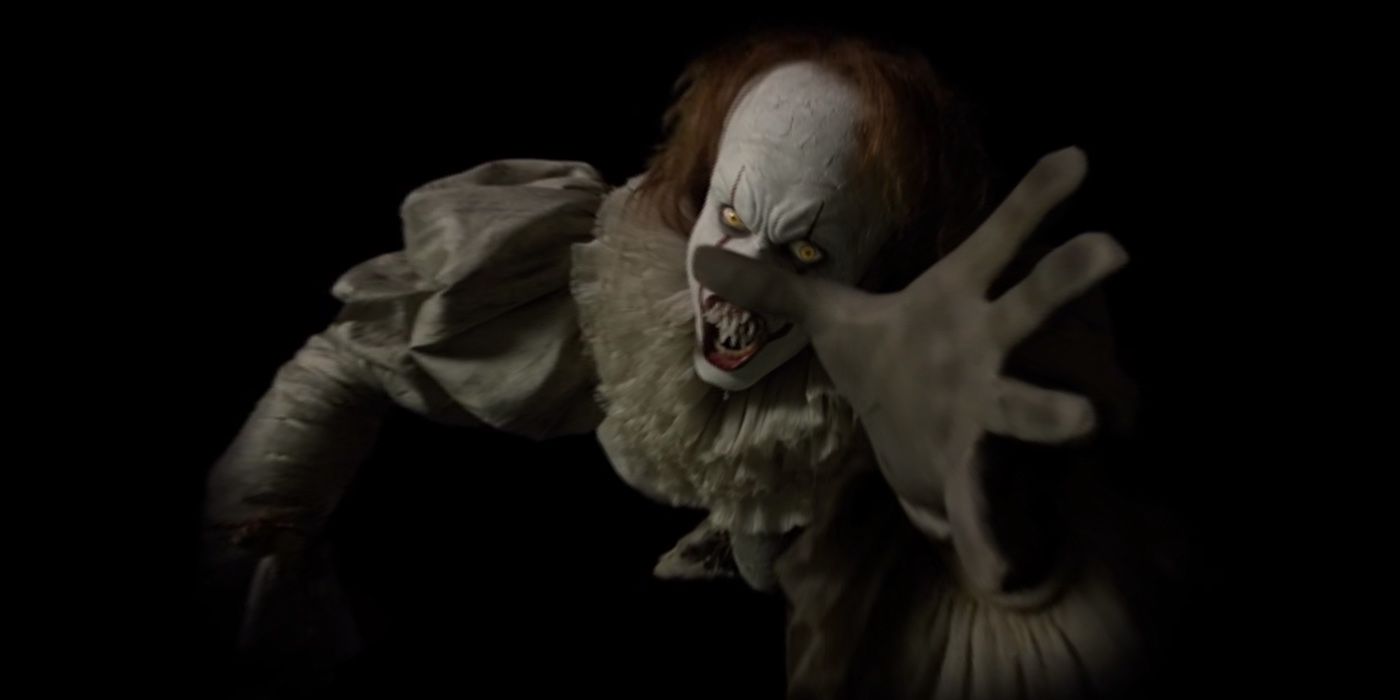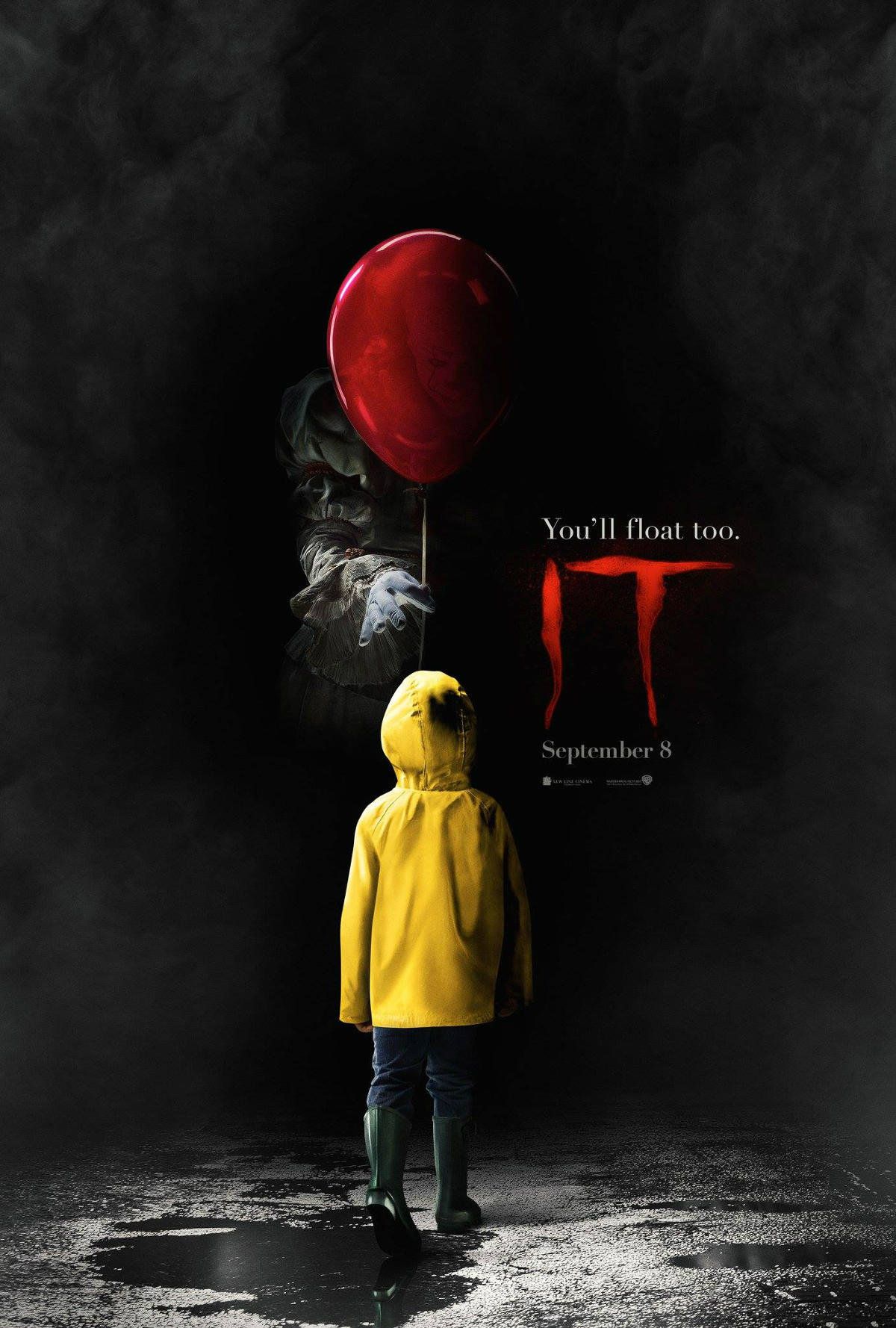The ending of the IT movie isn't scary. But rather than undoing a pretty great horror film, an unexpected tonal swerve at the end of Andy Muschietti's adaptation of Stephen King's seminal novel secures its greatness.Make no mistake, IT is a scary movie - and a versatile one at that. Straight up, Bill Skarsgård is completely lost within Pennywise, and the other forms of IT - representations of childhood fears brought to Mama-esque life - unnerve in equal measure. It's more than just well-executed sequences building to jump scare jolts or greatly relieving fake-outs, though. Derry is a nightmare town, the darkest version of the fanciful imaginings of your own childhood home where the answer to every unsettling question is the worst conceivable option. Kids disappear, adults do nothing but perv over pre-teens, bullies' choice weapons are switchblades and even when the spider in the drains is taking a nap happening you feel unsafe. But there's one area where that isn't the case: the ending.In the movie's final act, Beverly, the female member of the Losers and love interest to both Bill and Ben, is kidnapped by Pennywise and taken into his sewer lair. The six reunite to save her and, after a deadly encounter with local psychopath Henry Bowers, come face to face with the object of their torment. First Bill must overcome the one-armed embodiment of the missing (but never presumed dead) Georgie. Then, after captive bolting his brother right between the eyes, the clown appears.And... he's just there. Pennywise arcs up and despite seeing him in full form in his hideout the dread doesn't ramp with him. If anything, he's less scary, and as IT takes on those other forms there's no real creepiness to any of them anymore. As the gang wail on the clown, things take an almost action bent.Now here's where it get's interesting: this seems to be fully intentional. Pennywise isn't scary in the finale because Pennywise shouldn't be scary in the finale.
Why IT's Ending Isn't Scary
IT is obviously a horror film. It's about a fanged clown stalking a town and feeding on its children, for Maturin's sake. However, fitting of being a Stephen King adaptation, it's not quite that simple. It's a drama about emerging adolescence and facing fears as much as a supernatural chiller; more so than many entries in the genre, IT invests in its characters and ensures they work apart from the horror. You could take Pennywise out of the equation and still have strong arcs as the children take on their metaphorical demons; the literalizing just makes it more exciting.
Throughout the movie, the approach to that versatile horror we discussed reflects The Losers' understanding of the threat. Initially, it's abstract chills. Take the Pennywise'd old woman creeping on Ben in the library, inching slowly towards him with a giant, out of focus grin on her face each time we cut back to the room; there's no audio jolt, no overt focus and it's not referenced back to, instead remaining a chilling beat of IT testing the waters that conveys everything you need to know about the insidiousness of Derry. The more the kids then learn, the more focused the creepy moments get on personal fears and clear manipulation - like the skeptic Richie being worn down in the abandoned house.
All this culminates with them growing past those fears; the septet is able to defeat Pennywise because the same old tricks no longer work on them and thus IT's unable to feed. And the filmmaking reflects this. The final scene has high energy and frames Pennywise in full focus, shining light on his usually shadowy visage and putting genuine worry in those typically cold eyes. That's the director clearly cluing the audience into the fact something has changed: we shouldn't fear the clown because the children no longer do.
Related: IT 2017's Ending Explained
What Muschietti's done, then, is have a movie where the experience watching it reflects the character's mood. That's easier said than done when the emotion is one opposite to the standard viewing experience - go too far and you end up sucking out the entertainment. Look at Trainspotting 2: Danny Boyle attempted to convey the boredom and depressing nostalgia of middle age with his belated sequel, but really only succeeded in making a boring and depressingly nostalgic film. Even in cases where the balance is more successful, many can feel affronted: The Wolf of Wall Street is an escalating three-hour comedy about excess whose most common criticism is that it's too decadent. IT avoids that by having so much invested in the Losers that the audience's elation at their victory outweighs the lack of cheap thrills.
The ending isn't just a fitting finale, however, but something that could elevate the two-part adaptation.
This Is All Thematically Setting Up The Sequel
The potential issue with this reading, of course, is that the end of IT isn't the end of the story. As the post-movie title card makes immediately clear, this is just Chapter One of a two-part adaptation; the sequel will pick up 27 years later when IT returns to Derry, following the middle-aged Losers reuniting in 2016 to finish off Pennywise once and for all (as well as possibly learning about his cross-dimensional origins).
But, if we've spent an entire movie seeing these characters learning to stand up to the clown and all he represents, becoming those adults in the process, what threat does he really pose?
Well, a lot, actually. In the book, the grown-up Losers forget these childhood events until the murders start again. They become the adults who wouldn't help them, unknowingly turning a blind-eye to something unfathomable, then 27 years on have to rediscover their fear; and, in doing so, the lurking, cross-generational power of IT (both the monster and King story) becomes apparent. It's the flipside of the first half's victory - they overcame their fears as children but repress them as adults - that pretty much justifies keeping the otherwise dire miniseries' chronological order instead of the source book's cross-cutting between time periods. We go from psychological torment to existential crises.
Related: The Original IT Movie is Actually Pretty Terrible
The ending of Chapter One lays the groundwork for this turn, thanks immeasurably to the muted-horror ending; making the overcoming of fear so tangible means we can feel the emerging confidence that will allow for this formative forgetting. Looking directly forward, this should make Pennywise all the scarier when he returns; it's a bit meta, but if the dancing clown was still unbearably imposing and omnipresent to audiences by the movie's final shot, there'd be a contextual weight that puts us apart from the characters. Although where the payoff will really come is in making the story's ultimate ending all the more melancholic (we won't go into spoilers, but it should be a powerful mirror).
Of course, this is to a degree speculation as Muschietti and screenwriter Gary Dauberman have been rather closed about their plans for the sequel (at the time of writing, the director is yet to even sign on). However, there is evidence this repression of lurking evil is something they're really going to steer into; the over-the-top menace of pretty much all the adults in Part 1 establishes ignorance as an essential side effect of IT, and more pointedly the after-credits tease subtly sets up the Losers' obliviousness.
Yes, there's no proper post-credits scene to IT, but there is some menacing audio stinger - a chorus of kids singing "Oranges and Lemons" before Pennywise laughs maniacally - the does a lot of legwork. It's the movie's lone clue he survived and that the tranquil, outright happy ending the children believe is an illusion; the movie is repressing its own sequel bait.
-
Now, to be fair and complete about this, there are some missteps in IT. The bully subplot is rushed and far too heightened to be taken seriously, especially in its murderous resolution, and there's a repetition to the Losers' escalated encounters with Pennywise that borders on predictable. Yet while these elements aren't as effective as they could have been, they're still clearly functioning as part of the evocative storytelling we've been analyzing.
Pennywise isn't scary at the end of IT, but Andy Muschietti hasn't nerfed the clown halfway through the story - he's only allowed him to become more powerful.

